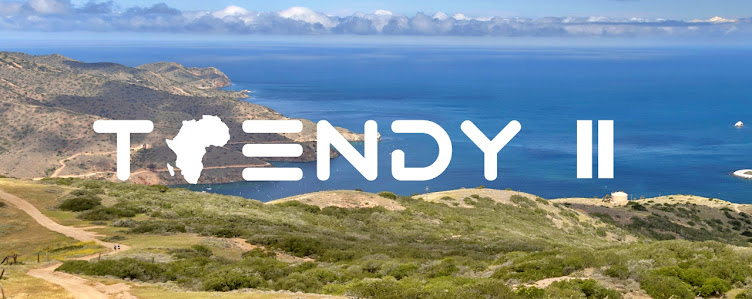A Nigerian couple who kept a man as a
slave for 24 years after illegally bringing him to Britain have both been
jailed for six years. Former NHS obstetrician Emmanuel Edet, 61, and midwife
Antan Edet, 58, kept fellow Nigerian Ofonime Sunday Inuk as a 'houseboy' after
smuggling him into the UK aged 14.
Over the next quarter of a century, he worked unpaid
up to 17 hours a day looking after the couple's two sons, cooking, cleaning and
gardening. He was also forced to sleep
on a piece of foam on a hall floor under the stairs. Sentencing the couple at
Harrow Crown Court today Judge Graham said their treatment of Mr Inuk, now 40,
left him 'conditioned' to his plight.
Judge Arran told them: 'The most serious aspect of
your behaviour towards him was that it went on for an exceptionally long period
of time, robbing him of the opportunity of leading a normal life. He suffered
as a result of that treatment and has found it difficult to adjust (to) a
normal life.'
He was hired by the Edets as a 'houseboy' and taken
first to Israel before the family moved to the UK when Dr Edet landed a post as
a gynaecologist in Chatham, Kent. The Edets changed Mr Inuk's name and added
him to their family passport as their son when they first brought him to
Britain. Mr Inuk believed they would pay him for his work. But he was forced to
keep their family home in an immaculate condition, polishing the floors every
fortnight, and was prohibited from speaking to anyone else.
The Edets confiscated his passport and stopped him
from finding a job or receiving an education, forcing him to complete menial
household chores for little or no money. Mr Inuk continued to be refused an
education when the couple moved to Scarborough in North Yorkshire, and was
subjected to taunts including 'riff raff' and 'gutter trash'.
To the outside world, they claimed he was their
adopted son, but while their other sons went on to successful careers a City
analyst and a supply teacher, Mr Inuk had to stay at home. The court was told
how there were almost 1,000 pictures of the couple's two sons - but only had
four of Mr Inuk, including one where he was peddling the boat in Flamingo Land,
in north Yorkshire. When the family moved to Walsall in the West Midlands, Dr
Edet lost his General Medical Council certificate and was told to leave the UK.
But the family then moved to London in 1994, where Mr Inuk was still treated as
a 'houseboy' despite entering adulthood.
He was rarely allowed out of the house, and only to
complete tasks like shopping. He was also told not to speak to anyone. The
Edets monitored Mr Inuk's post, and he eventually lost touch with his mother
and family back in Nigeria.They also kept his name off the electoral roll, and
he was not allowed to enter the lounge in the family home.
source: dailymail
































